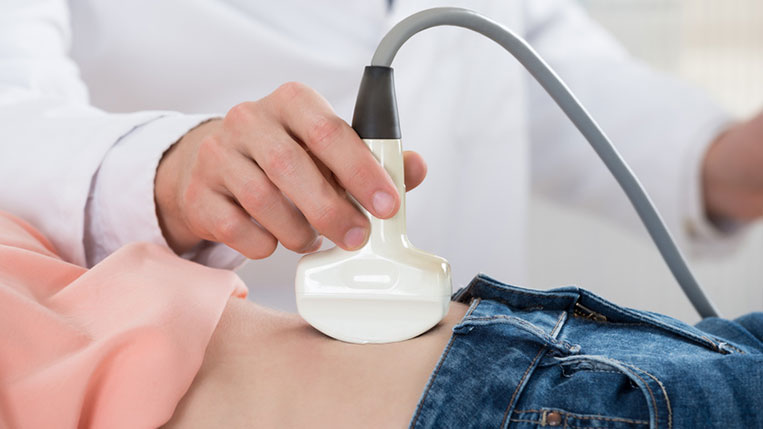Uterine issues are disorders of the uterus or any other proximate part of the reproductive system and includes common issues such as uterine fibroids, endometriosis, uterine prolapse, and uterine tuberculosis. Uterine issues are common amongst women in the reproductive age, with some of the lifestyle choices either accentuating or worsening the conditions in some.
The uterine conditions are commonly identified with a wide range of symptoms which include – pain in the lower abdominal region, excessive vaginal bleeding, increased incidence of menstrual cramps, irregularity of periods, frequent urge of urination, persistent bladder infections, frequent constipation, painful intercourse, bloating of the abdominal region and others.
Unhealthy lifestyle choices, poor eating habits, improper personal & menstrual hygiene are some factors that increase the risk of uterine issues. Hormonal factors, unsafe sexual behavior, and high-risk pregnancies also contribute to uterine disorders
For the detection of uterine issues, the diagnosis is made on the basis of your complete medical history, a physical examination of the vaginal cavity and other imaging tests such as X-rays, CT scan, sonogram or an MRI.


